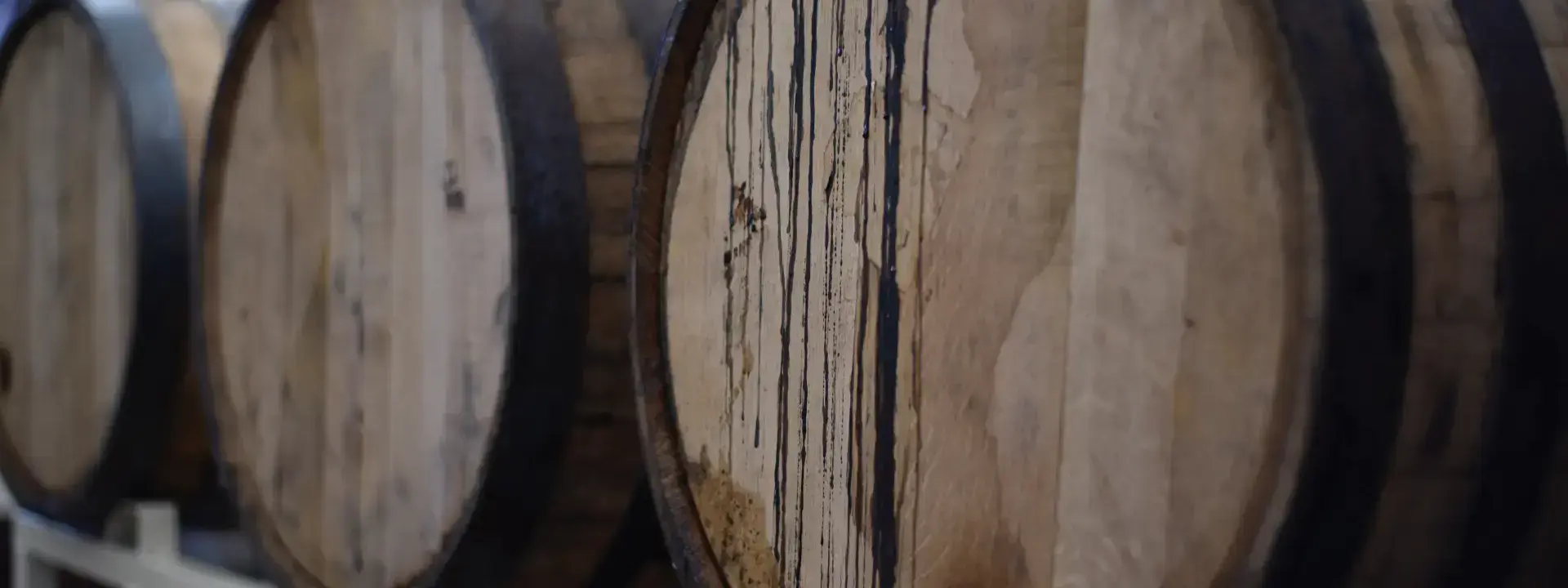
Distiller Job Description
What is a Distiller Professional?
A distiller is an individual who operates a still to produce alcoholic spirits. The process of distillation involves heating fermented material, such as beer or wine, to evaporate the alcohol and capture the vapors in a container. The condensed vapors are then cooled to create a concentrated form of alcohol known as a spirit. Distillers play an important role in the production of whiskey, vodka, gin, and other liquors. They are responsible for controlling the operation of the stills, monitoring the fermentation process, and ensuring that the final product meets quality standards.
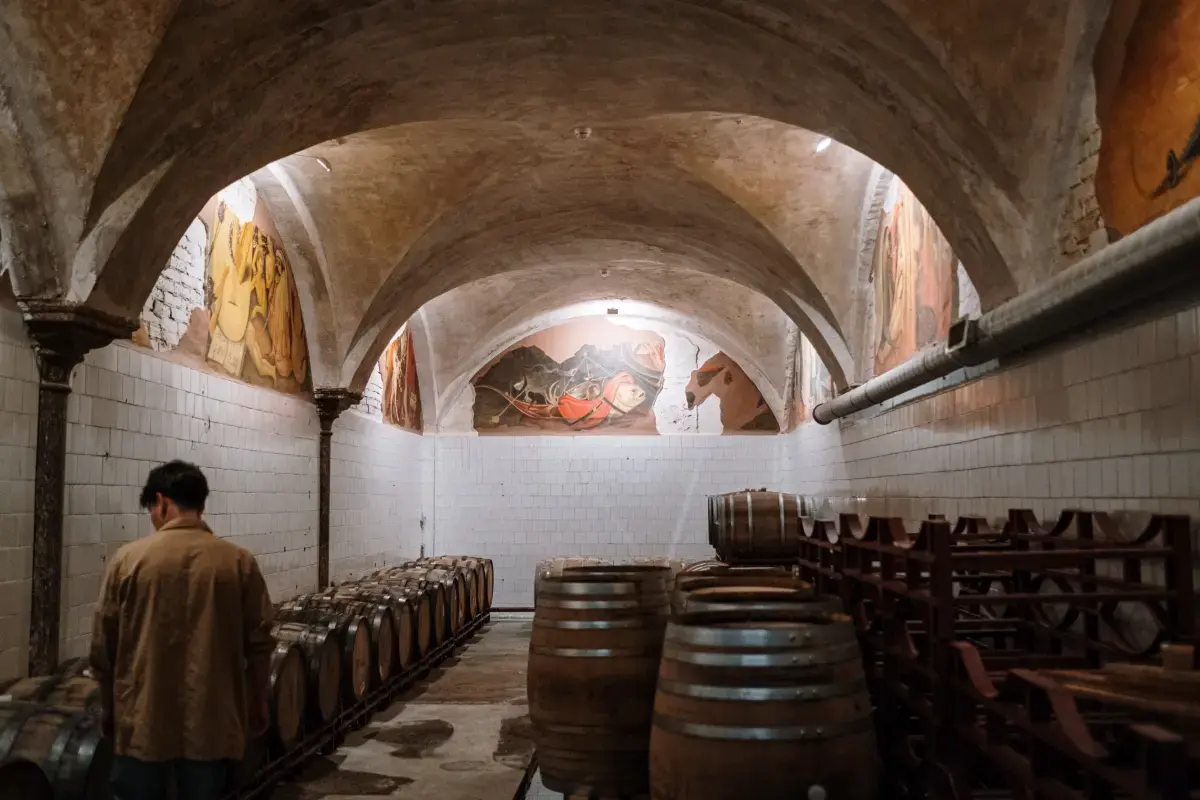
What does a Distiller Expert do?
In addition to producing alcohol, distillers may also be involved in flavoring spirits with botanicals or other ingredients, aging liquor in barrels, and bottling the finished product. While large-scale commercial operations typically have staff dedicated to each stage of production, smaller craft distilleries often require their employees to perform multiple tasks throughout the day. As a result, distillers must have a good understanding of all aspects of running a business, from bookkeeping and marketing to barrel selection and distribution
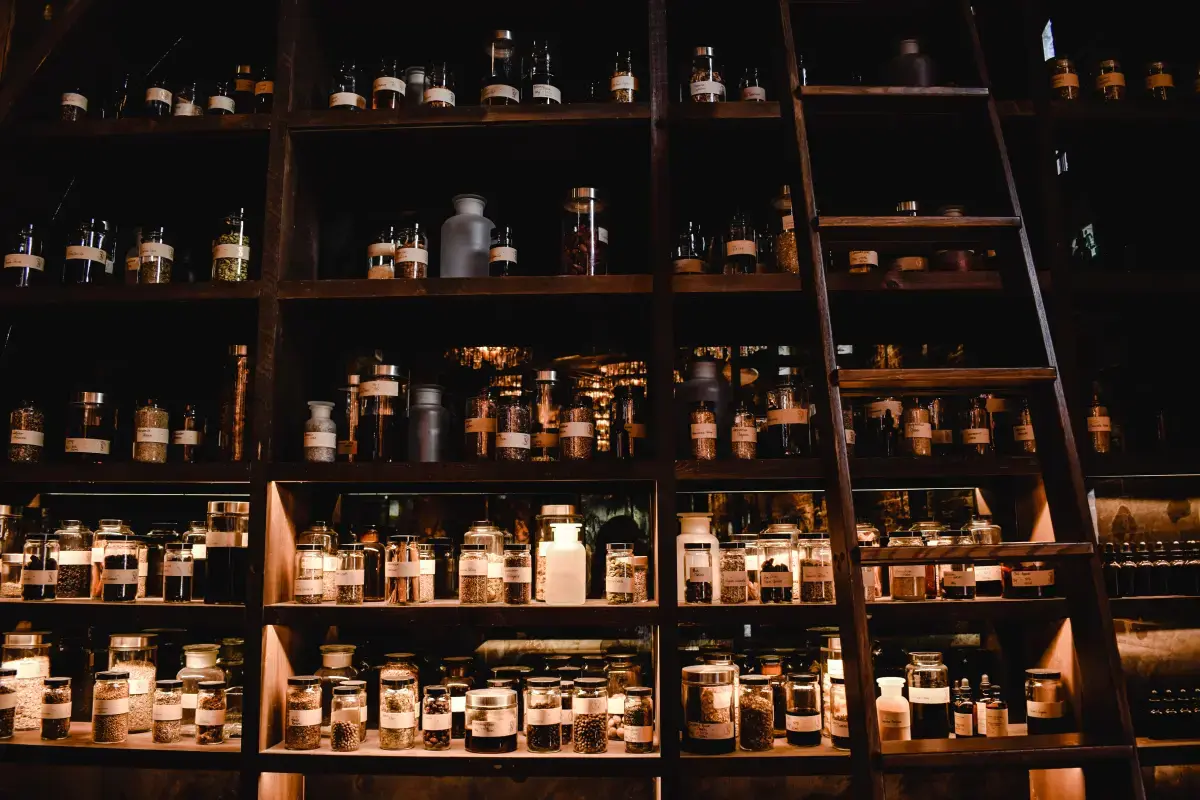
What are the Skills of a Distiller?
A distiller is someone who creates alcoholic beverages through the process of distillation. This involves heating a fermented liquid (such as wine or beer) in order to evaporate and collect the alcohol, which is then condensed back into a liquid form. Distillers need to have a strong understanding of chemistry in order to create a product that is safe to consume and meets regulations.
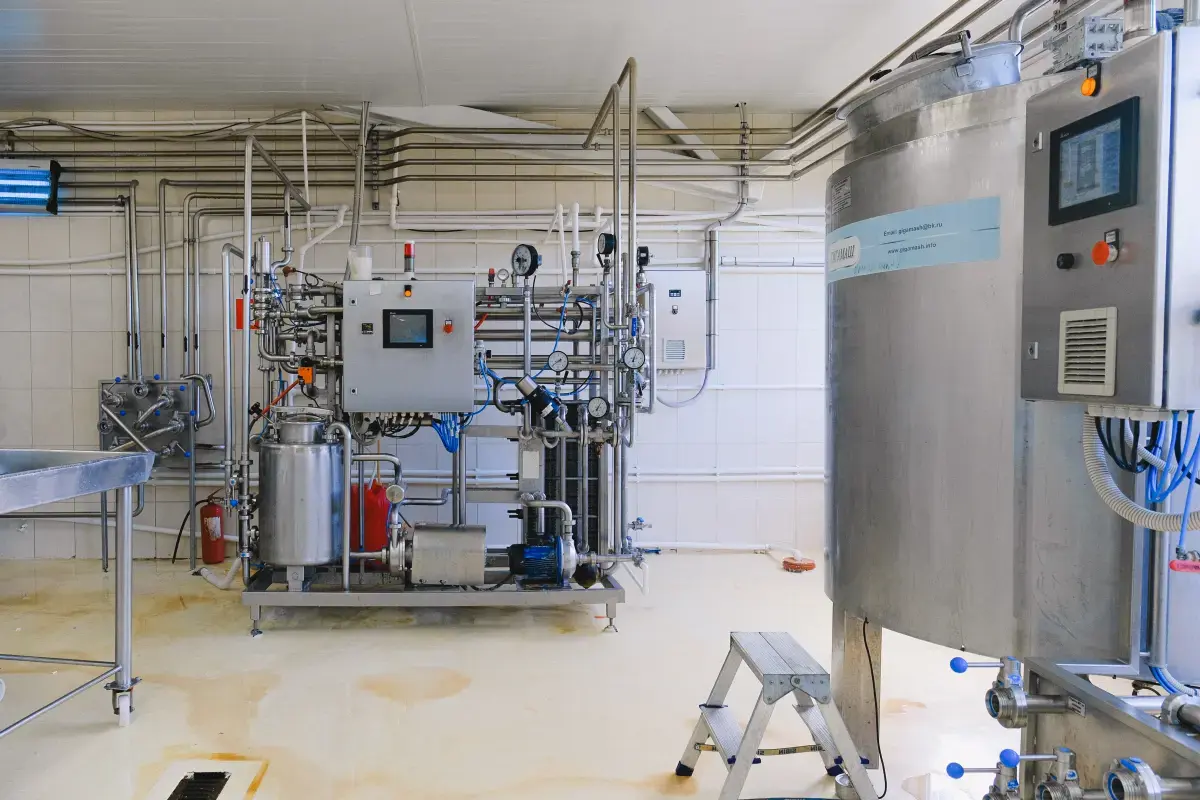
What makes an Expert Distiller?
They also need to be able to control the distillation process in order to produce a consistent product. In addition, distillers must have knowledge of different types of fermentation in order to choose the right ingredients for their products. Finally, they need business skills in order to market and sell their products effectively.
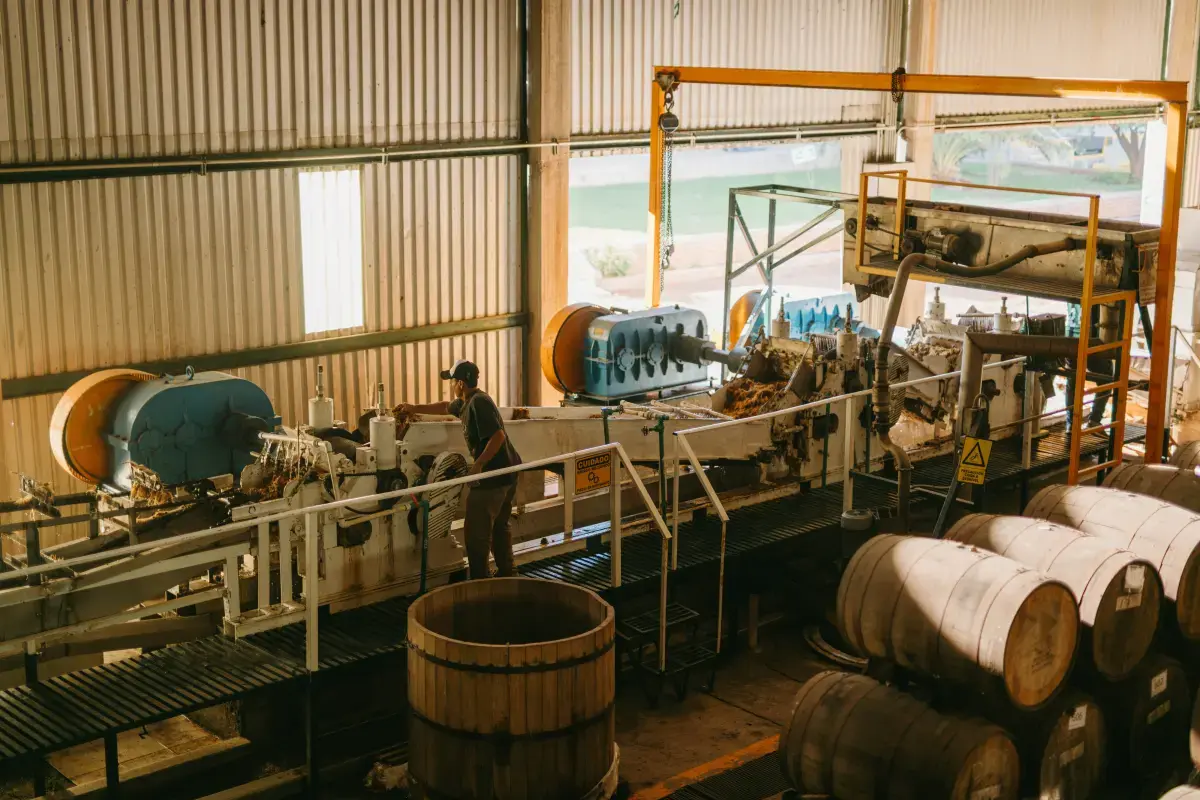
What level of Experience & Qualifications are required to be a Distiller?
1. Industry Experience: Many distillers have years of experience from within the beverage and alcohol industries, including working as bartenders or in laboratory experiences. There are also opportunities for more formalized apprenticeships with a recognized master distiller. 2. Training: Professional training programs related to the production of distilled spirits are available for aspiring expert distillers. These can include courses taught by trade organizations and educational institutions that cover topics such as recipe development, fermentation techniques, regulations governing the manufacturing of alcoholic beverages and sensory evaluation skills used to evaluate finished product quality. 3. Qualifications: Expert distillers should be familiar with food safety standards and proper sanitation practices when handling raw materials and cooked ingredients during production processes, as well as possess particular knowledge relating to weighing systems used during tasting activities in order to accurately measure alcohol content levels accurately by volume (ABV). In addition, having certifications such as ServSafe or equivalent is beneficial in preparation for safe service procedures while operating on premises retail outlets serving drinks containing alcohol ingredients which might be under your purview when working behind a bar top or hosting private events on behalf of the craft spirit industry you represent in an affiliated capacity 4. Education: Education qualifications will vary depending upon individual producer needs; however general educational qualifications could span including but not limited to degrees pertaining industrial biotechnology/food science/boozeology specializations related sciences such academic subjects like chemistry or engineering which typically equip individuals with advanced understanding regarding space management configurations necessary for establishing successful still architectures needed onsite assuming you intend opening up your own operations at some point down the line (pilot batch stills designed away from public visibility) which require specialized licensing prior engaging business activity within US markets accordingly
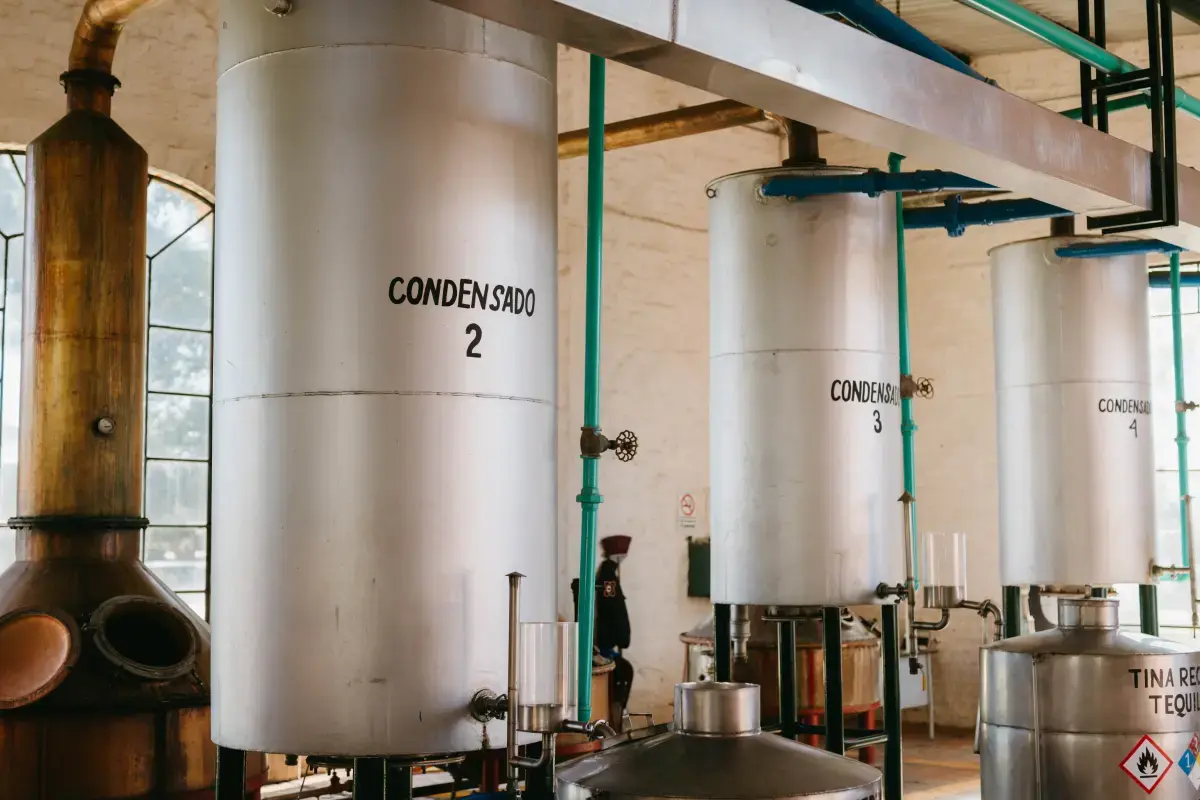
What is the Salary of a Distiller?
Junior Distiller: Salary expectations at entry-level positions within distillery production can range anywhere from $38k-$45k annually. Job duties in this role may include managing fermentation, performing quality assurance evaluations and ingredient measuring. This individual would be primarily responsible for producing alcoholic beverages in a safe, efficient and cost-effective manner. Mid-Level/Intermediate Distiller: At the mid-level or intermediate distiller position, expected salary is typically between $50k -$60k depending on experience. Responsibilities for this role often include overseeing production workers to ensure beverage quality standards are met, troubleshooting any issues that arise with equipment during the beverage production process and assisting with paperwork related to audits or reviews of production records for regulatory compliance purposes. In addition to working with upper level management on research related projects or experiments within distillation practices to provide recommendations for further improvement of the products produced in the facility. Senior Level/Lead Distiller: For a lead distiller role such as master blender/distillers anticipated salaries tend to range anywhere from $70K-$115K plus bonuses depending on experience level as well as size and region of organization employed by.. This professional would need expertise across various aspects of Alcohol manufacturing including CAC (Chemistry Analysis & Control) which entails ensuring both alcoholic content percentage accuracy as well benchmarking each batch against desired flavor profiles using both laboratory instruments & sensory panels (tasting). This individual will be responsible for providing guidance while leading teams of lab workers across product control initiatives set forth company wide while actively participating in development projects pertaining new product releases that maximize efficiency by leveraging state of art technologies vertically throughout each stage process up until finalization & bottling line output operations
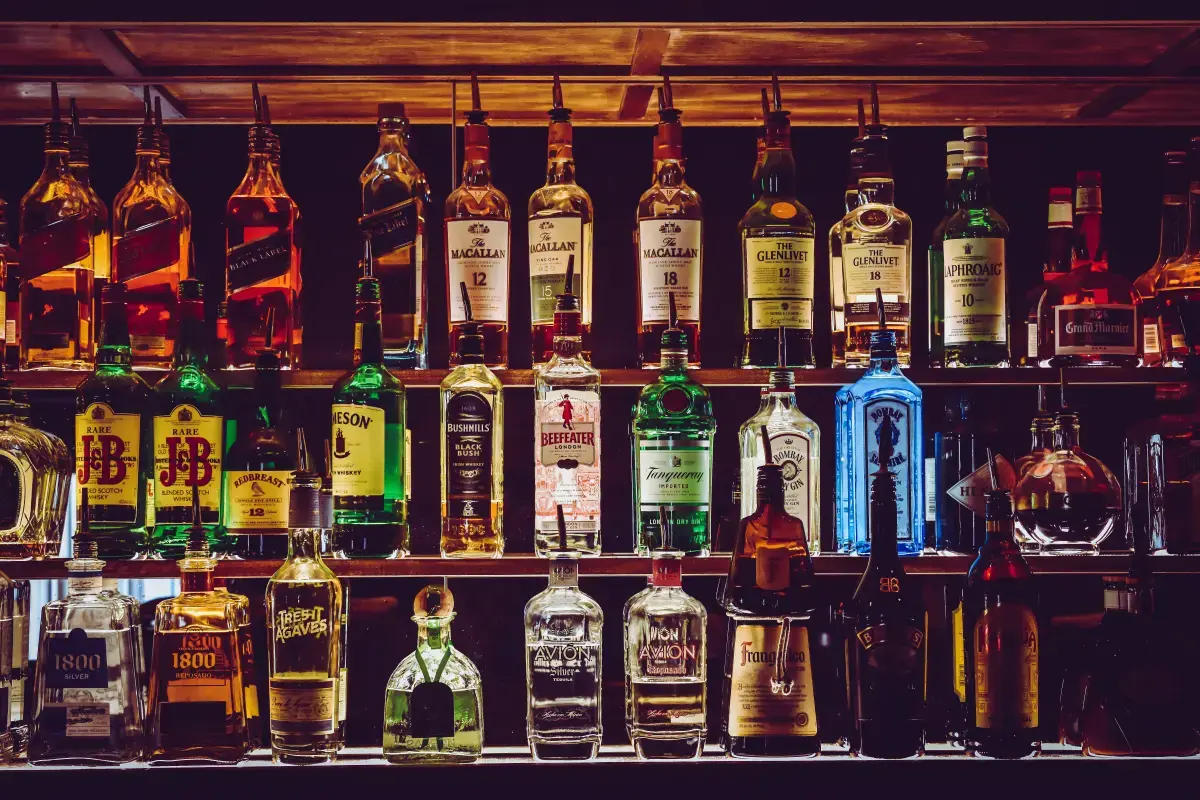
What are the Working Conditions for a Distiller?
A distiller generally works in a factory either at an indoor or outdoor job site. They typically work in a sealed environment and have to often wear protective gear such as glasses, face masks, or gowns while working with hazardous materials. Additionally, they may be subjected to loud noises from machines used for distilling and so hearing protection would be needed too. The distiller will normally board the still which has been assembled on the premises and adjust valves to transfer liquids between tanks for processing according to specific instructions. For safety reasons there must also be appropriate signage wherever access is needed throughout the still facility itself in order to prevent any accidents from occurring where dangerous substances are being processed. Moreover, depending upon the particular role of this position other tasks may need performing off-site such as component delivery or packaging of completed products for shipping purposes later on down the line, hence some outside daily movement may occur too during regular shifts at times.
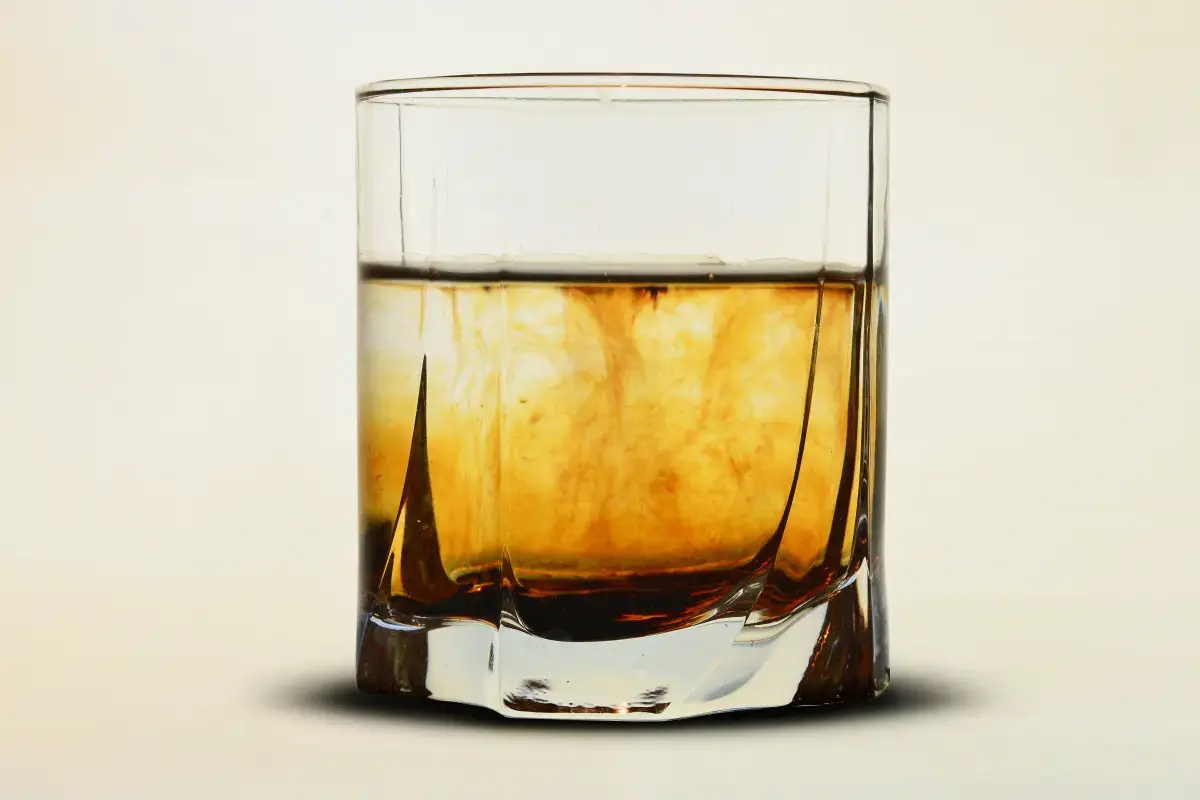
What are the roles and responsibilities of a Distiller?
Managing stock levels
Maintaining the quality of the distillery equipment
Generating sales reports
Planning the production process
Scheduling distillation processes
Controlling theft and spoilage
Coordinating production activities with other departments
distributing finished products to customers
Ensuring that the quality of products meets established standards
Supervising the operation of distillation equipment
Scheduling operational activities
Negotiating with suppliers
Monitoring compliance with safety regulations
Analyzing market trends to identify opportunities
Marketing the products of the distillery
Overseeing health and safety procedures
Conducting research and development
Developing new products
Maintaining accurate inventory records
Troubleshooting equipment problems
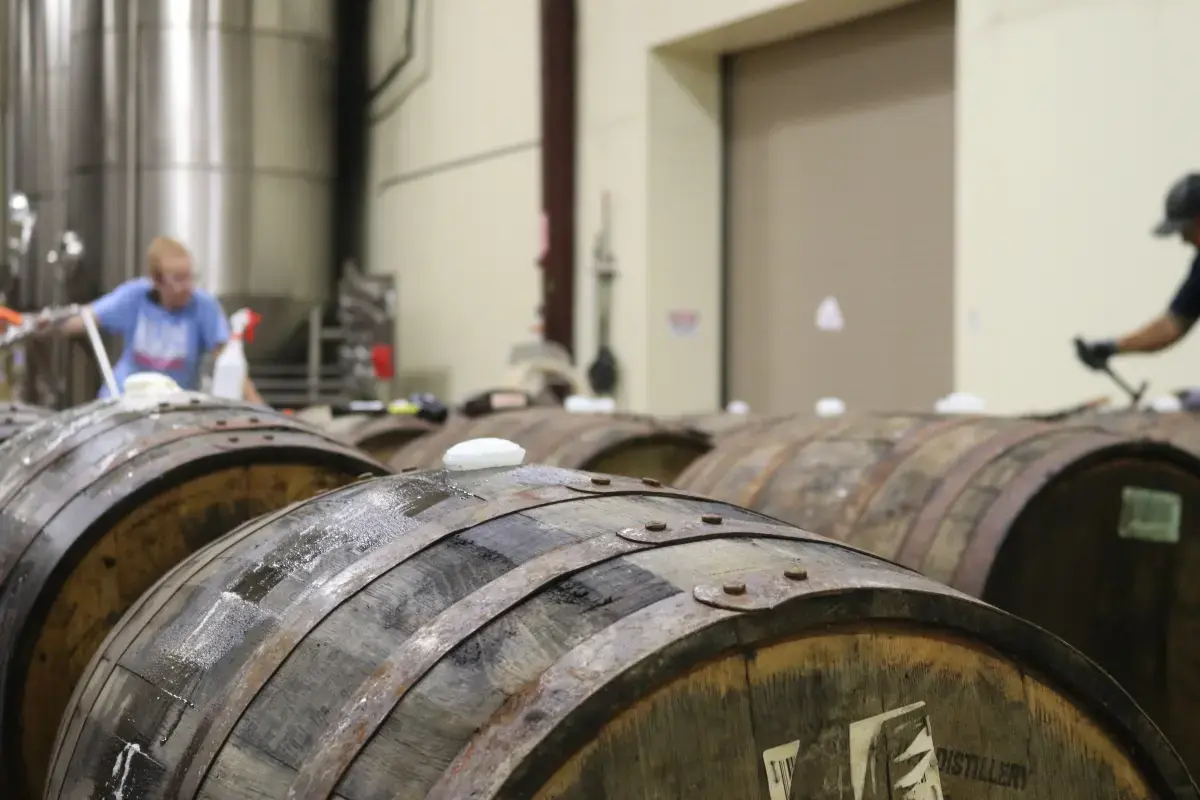
Where can I find Distiller jobs?
- Create a profile on gigexchange and promote your Distiller skills to advertise you are Open to New Work Opportunities
- Ensure your Resume (or CV), or online work profile is up to date and represents your skills and experience. Ensure your reputation reflects your ability & attitude.
- Apply for Distiller Jobs advertised on gigexchange.
- Practise Distiller interview techniques to ensure you represent your personality and ability succinctly and confidently.
- Accept the job offer if the salary meets your expectations and the employer mission and purpose reflects your core values.
Jobs
What are the best job boards for Distillery jobs?

How can I hire Distiller staff online for my business?
The best job board for recruiting Distiller experts is gigexchange.com. Advertise full-time, part-time or contract jobs to find, hire & recruit trusted, experienced and talented Distiller candidates near you.
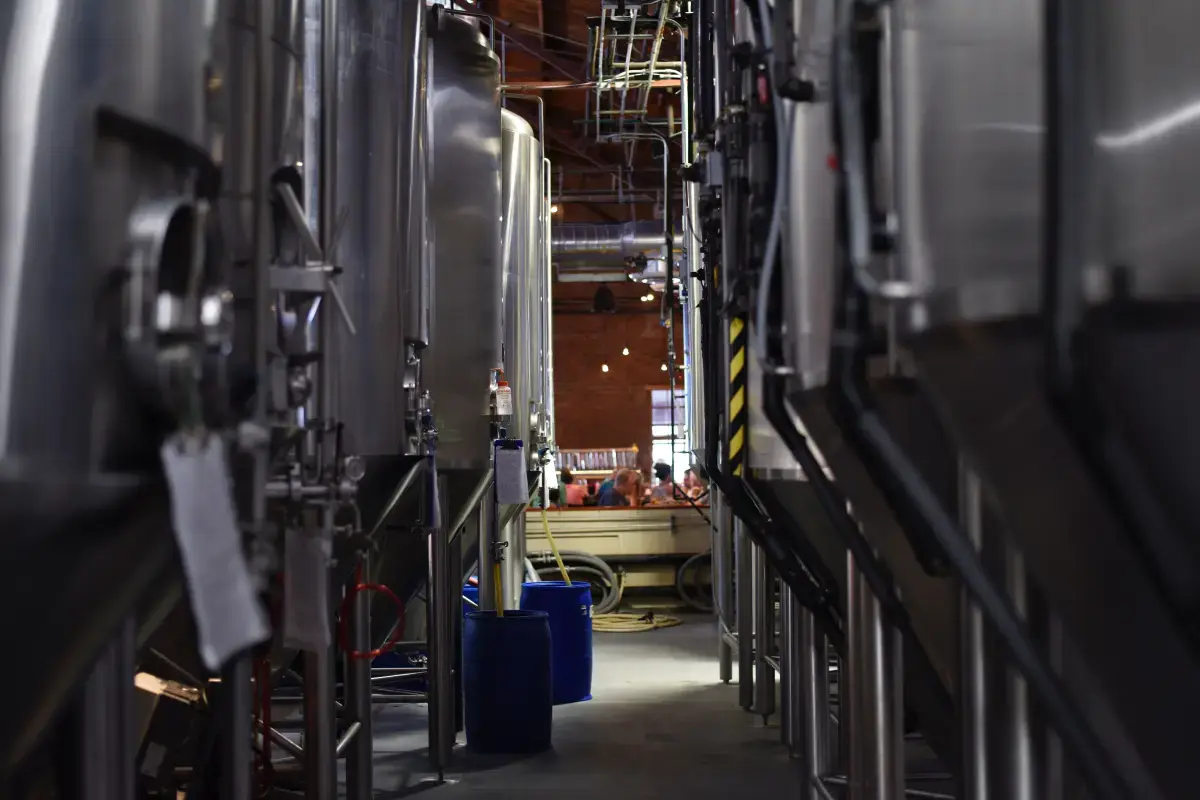
Are Distiller roles in demand in 2026?
Distiller experts are still in high demand in 2026. If you are an experienced Distiller or looking to train and become one. The job market is looking strong for Distiller jobs near me.